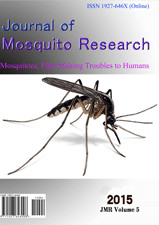We’ve found two recent retractions and an expression of concern for Joachim Boldt, former prominent anesthesiologist and currently Retraction Watch leaderboard’s 2nd place titleholder. He now has 94 retractions.
One of the retracted articles contains falsified data, along with a researcher who didn’t agree to be a co-author, according to an investigation by the Justus Liebig University Giessen, where Boldt used to work. The expression of concern is regarding some questionable data. The other new retraction is actually one of 88 papers that a group of editors agreed to retract back in 2011, after they were “unable to verify” approval by the Institutional Review Board (IRB) for the studies.
One of those 88 papers, we’ve discovered, has still has not been retracted. According to an editor at the journal, they haven’t removed it because one of Boldt’s co-authors has threatened them with legal action. Continue reading Boldt’s retraction count upped to 94, co-author takes legal action to prevent 95th

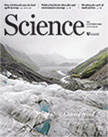
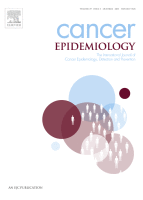 To one reader of a paper on a nerve cancer, the researchers, based at a hospital in China, seemed to have found a very large number of cases of a rare cancer to study. That observation triggered an investigation into the paper that led to its retraction — and the concern that the authors in the paper never did the research at all.
To one reader of a paper on a nerve cancer, the researchers, based at a hospital in China, seemed to have found a very large number of cases of a rare cancer to study. That observation triggered an investigation into the paper that led to its retraction — and the concern that the authors in the paper never did the research at all.
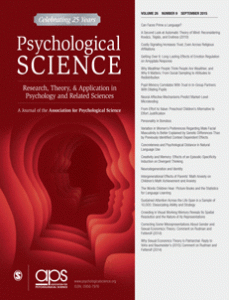
 A 2010 paper on plant fungus has been retracted after a comment on PubPeer revealed that a study image had been flipped over and reused to represent two different treatments.
A 2010 paper on plant fungus has been retracted after a comment on PubPeer revealed that a study image had been flipped over and reused to represent two different treatments.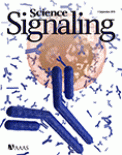 A paper containing data fudged by former University of California San Francisco grad student Peter Littlefield has been corrected. We knew that this was coming — last month,
A paper containing data fudged by former University of California San Francisco grad student Peter Littlefield has been corrected. We knew that this was coming — last month, 

